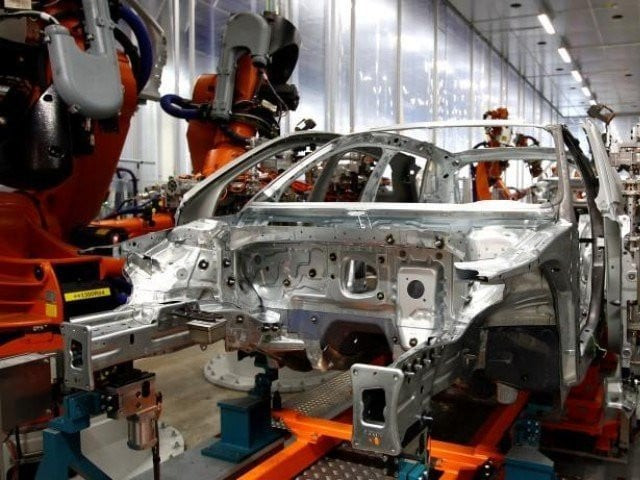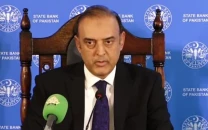Auto sales plunge by 51%
Low purchasing power, supply constraints account for nosedive in automotive sales

The low purchasing power of consumers coupled with rising car prices have contributed to a 51% decline in automotive sales in September 2022 as compared to the corresponding period last year.
“Auto sales are down by 51% to 13,000 units – including the sale of Non-PAMA (Pakistan Automotive Manufacturers Association) members – year-on-year, amid escalating car prices, expensive auto financing and low purchasing power of consumers,” said Sunny Kumar, Auto Analyst at Topline Securities.
This takes the first quarter of fiscal year 2023 car sales to 34,472 units, representing a decrease of around 50% from the figure of 68,897 units in the first quarter of fiscal year 2022.
“All companies reported a decline on a month-on-month basis except for Pak Suzuki (PSMC) whose sales were up by 52% month-on-month due to low base as plant closure amid unavailability of completely knocked down (CKD) parts resulted in sales of 3,954 units in August 2022,” said Kumar.
“Pakistan car sales were down 7% month-on-month primarily due to unavailability of CKD parts which led to non-production days for auto manufacturers in September 2022,” added Kumar.
“Monthly auto sales including that of cars, light commercial vehicles (LCVs), vans and jeeps, declined to a 27-month low of 11,000 units during September 2022,” said Tahir Abbas, Head of Research at Arif Habib Limited (AHL).
“Production halts due to restrictions on CKD imports and decline in demand due to the flood impact will result in a volume reduction of up to 50%,” Ali Asghar Jamali, CEO of Indus Motor Company (IMC).
The drop in sales and production will not only hurt the industry, the government is also expected to lose around $1.5 billion in revenue as 39% of a car’s price consists of taxes, he said.
Indus Motors (INDU) posted a decline of 32% month-on-month to 2,617 units in September 2022 from 3,876 units in August 2022. Honda Atlas Car (HCAR) also recorded a decline of 29% month-on-month to 1,280 units in September 2022, led by a decline in sales of BRV by 79% month-on-month.
“We understand that the economy needs desperate measures due to multiple local and international factors, and we support the measures adopted by the federal government. However, since the auto sector contributes merely 3% to the total import bill, restrictions on CKD imports will not help in reducing the current account deficit,” explained Jamali.
“Instead, these import restrictions are affecting the local vendor industry of Pakistan and the three million direct and indirect labour associated with the auto sector,” he added.
“All imports are not of the same nature and authorities need to categorise imports. While import of luxury goods should be restricted, the import of CKD kits for local auto production should be allowed,” reasoned the INDU CEO.
He explained that “Food and petroleum imports are the biggest contributors to the current account deficit standing at a staggering $27 billion. Even with the highest ever sales last year, the auto sector’s share in the import bill was only $2.25 billion.”
Published in The Express Tribune, October 13th, 2022.
Like Business on Facebook, follow @TribuneBiz on Twitter to stay informed and join in the conversation.



















COMMENTS
Comments are moderated and generally will be posted if they are on-topic and not abusive.
For more information, please see our Comments FAQ